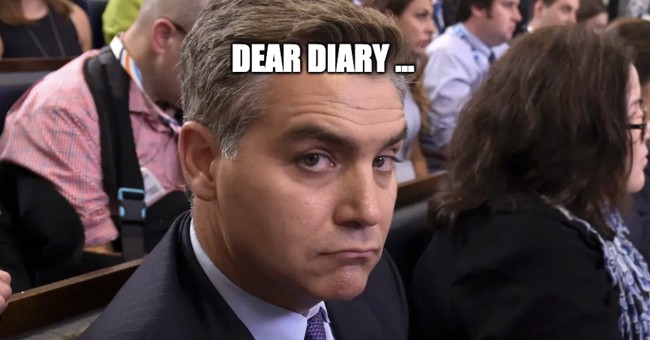The restaurant chain Cracker Barrel has drawn significant attention this week as both Republicans and Democrats have expressed their discontent with the company’s new logo and dining room design. Amid this dialogue, journalist Jim Acosta has sparked controversy with his comments, focusing on the perceived triviality of the discussion compared to more pressing political matters.
In a series of social media posts, Acosta criticized the public’s fixation on Cracker Barrel, stating, “The president of the United States is trying to steal congressional seats, so I don’t care about the Cracker Barrel logo discussion.” His remarks suggest a frustration with the media narrative, highlighting his belief that the focus should remain on the actions of political figures rather than on seemingly less significant topics.
The back-and-forth escalated as Acosta’s tweets drew sharp reactions from various social media users. Many pointed out that discussions about congressional seat manipulation are not new and have been a tactic employed by both major political parties, including Democrats in states like California and New York. Critics of Acosta have accused him of double standards, questioning his commitment to journalistic neutrality.
Social media users have taken the opportunity to highlight what they see as Acosta’s bias. One user commented, “An actual journalist would point out the history of Democrats gerrymandering their states to eliminate Republican seats.” This reflects a widespread sentiment among certain groups that mainstream media often fails to address partisan discrepancies effectively.
In a broader context, Acosta’s comments come at a time when discussions about gerrymandering and political strategy are particularly relevant. As the political landscape shifts, both parties are scrutinized for their moves to secure congressional power. The controversy surrounding Acosta underscores the tensions between political activism and journalistic integrity.
Despite the backlash, Acosta has not altered his stance, continuing to engage with critics while blocking replies to some of his posts. This strategy has drawn further criticism, with some arguing that disabling replies undermines the interactive nature of social media discourse.
As the conversation around Cracker Barrel and political representation continues, the implications of Acosta’s remarks may resonate beyond just a restaurant’s branding. They highlight a growing divide in public perception of journalism and the responsibilities of those in the media to remain objective in politically charged environments.
